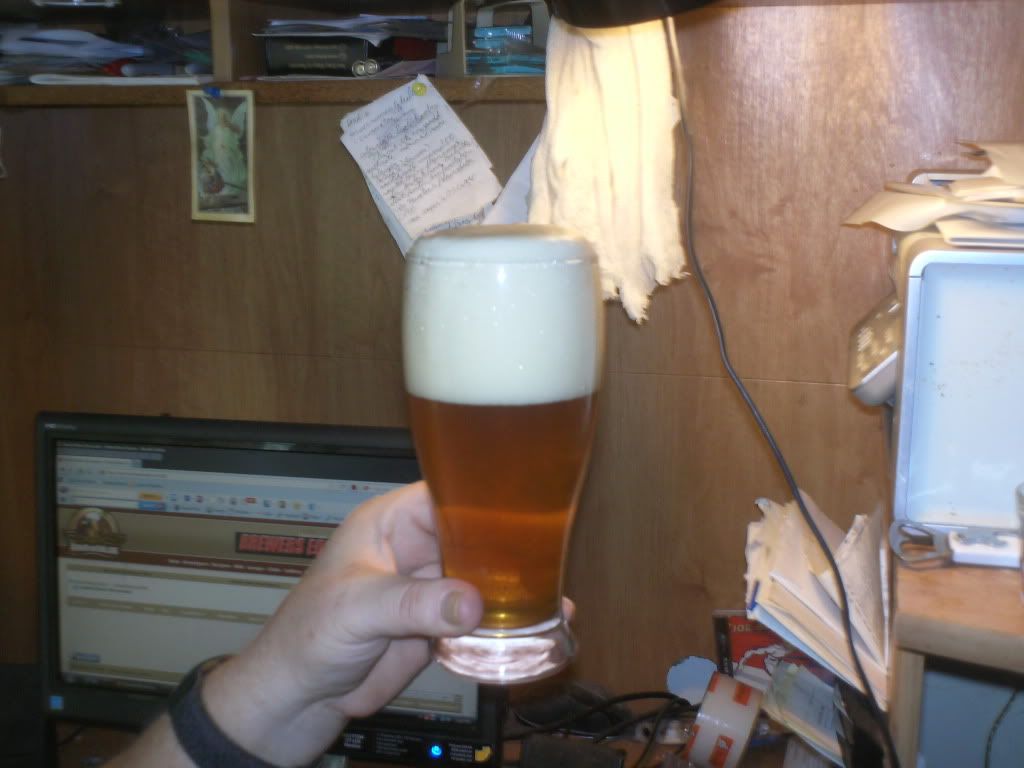Clonefan94
Senior Member
To answer your question, No, extract brewing is not a bad thing at all. You are making beer and there are a lot of things you can do to make that extract brew a top notch beer.
I personally switched to doing all-grain because the process intrigued me. It really had nothing to do with not feeling I wasn't really making beer, nor does it feel now like I wasn't really brewing beer then. There are actually a couple of kits I brewed from Northern brewer that I keep telling myself I'm going to order and brew again. It's just at this point I've come to enjoy the process so much of all-grain, that when I do brew, I'd rather just go that route. Hitting my numbers right on the spot (SG, volumes, etc) it's just one of those things that appeals to me and makes it almost like a game to me. I use the golf analogy a lot when talking of brewing and how Brewing is my golf, and that fits again here. I don't just brew to make beer, I'm always trying to improve my process and my beers, so doing the steps that all grain requires is really that part that appeals to me.
The only thing I really don't like about brewing is the cooling process. That's the one part that always seems to turn the day into a rush and seems a little stressful to me. And either way, extract or all-grain, you have to cool the wort. So in the end, it's all brewing beer, it's just that all-grain adds more elements I enjoy to an already great hobby.
I personally switched to doing all-grain because the process intrigued me. It really had nothing to do with not feeling I wasn't really making beer, nor does it feel now like I wasn't really brewing beer then. There are actually a couple of kits I brewed from Northern brewer that I keep telling myself I'm going to order and brew again. It's just at this point I've come to enjoy the process so much of all-grain, that when I do brew, I'd rather just go that route. Hitting my numbers right on the spot (SG, volumes, etc) it's just one of those things that appeals to me and makes it almost like a game to me. I use the golf analogy a lot when talking of brewing and how Brewing is my golf, and that fits again here. I don't just brew to make beer, I'm always trying to improve my process and my beers, so doing the steps that all grain requires is really that part that appeals to me.
The only thing I really don't like about brewing is the cooling process. That's the one part that always seems to turn the day into a rush and seems a little stressful to me. And either way, extract or all-grain, you have to cool the wort. So in the end, it's all brewing beer, it's just that all-grain adds more elements I enjoy to an already great hobby.






 :cross:
:cross: